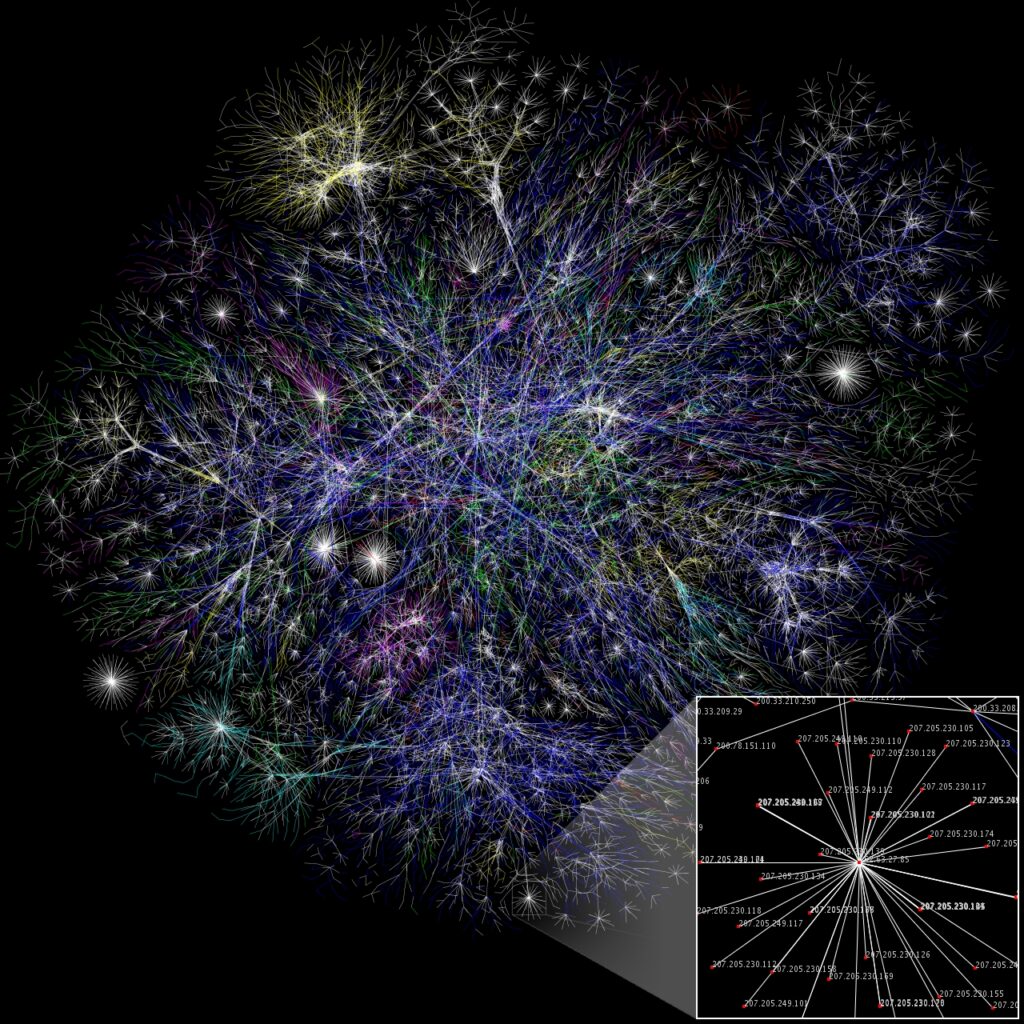

On 18 January 2012 the Internet went on strike. Wikipedia and a whole host of Internet sites went dark for a day in protest again SOPA (Stop Online Piracy Act) and PIPA (Protect IP Act). The sponsors of these two rather draconian pieces of proposed legislation to the US Congress quickly backed off. In an era when the service economy has overtaken the manufacturing economy, here was industrial action more commonly associated with traditional labour unions than with the age of the Internet.
The decline of manufacturing industry is somewhat exaggerated. The world still produces goods, in fact more than ever, just as the world produces more agricultural products than in the past. Huge increases in productivity have contributed to this by reducing labour inputs and lowering costs and prices. Globalization is both cause and effect here, and nowhere is globalization more significant than in all Internet-related businesses. These are mostly services, such as streamed video, software apps, social networking and text messaging, but closely tied to real products such as wireless devices, traded goods, etc. The traditional pre-Internet business sector, such as the movie industry and the recording industry and their international distribution chains act as if they see the challenges of globalization are greater than the opportunities – and for their traditional business models they are right to do so.
Globalization includes the globalization of IPR theft on an industrial scale. The attempt to prosecute MegaUpLoad is a sure sign of the frustration of this sector, and illustrates that the industry has been rather successful in the lobbying of (or for) Pax Americana. The first cases of attempted international extradition have been against an alleged young hacker Gary McKinnon from the UK, and a similar Court ruling in January 2012 against British student Richard O’Dwyer and his website on accusations of copyright infringement. The second come from New Zealand in the MegaUpLoad case. The US is pushing a raft of international treaties and agreements, such as ACTA (Anti-Counterfeiting Trade Agreement) and the TPP (Trans-Pacific Partnership), which criminalize and open the doors to IPR violations of all kinds. Needless to say this raises red flags for Internet companies who fear they will end up with legal liability for the action of others – and nothing chokes off investment in innovative businesses more than a dodgy legal situation. Risk is one thing (no pain, no gain) but uncertainty is quite another. Safe harbours are the bottom line for Internet access companies, as long as they conform to take-down notices or offer acceptable alternatives. Globalization for Internet companies is therefore not just about opportunities; it is also about the harmonization of laws and regulations, standards and codes of conduct.
Pax Americana is not the same agenda as harmonization; it is already being perceived as the old versus the new, declining capitalism versus rising capitalism, business retrenchment versus business innovation. It is not too difficult to predict on which side stands history; but the problem with history is not the past, but how we get to the past.
zp8497586rq